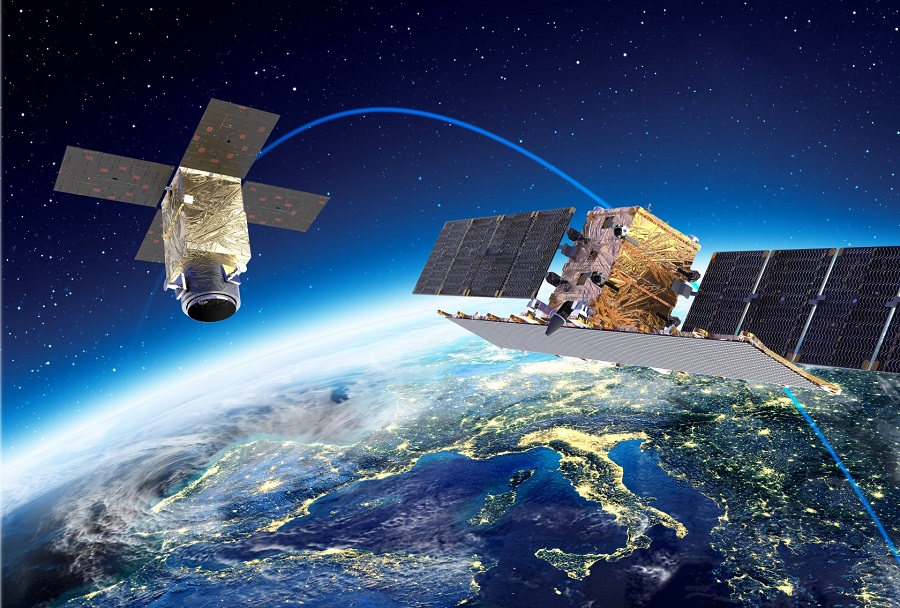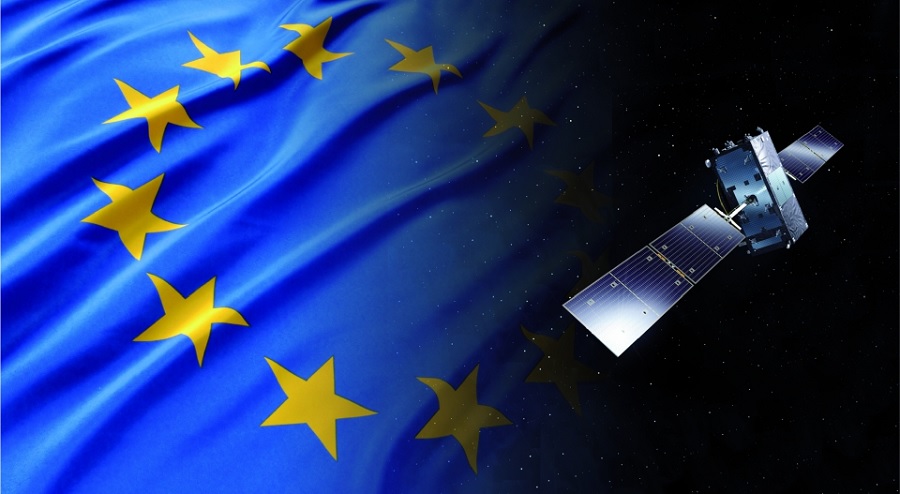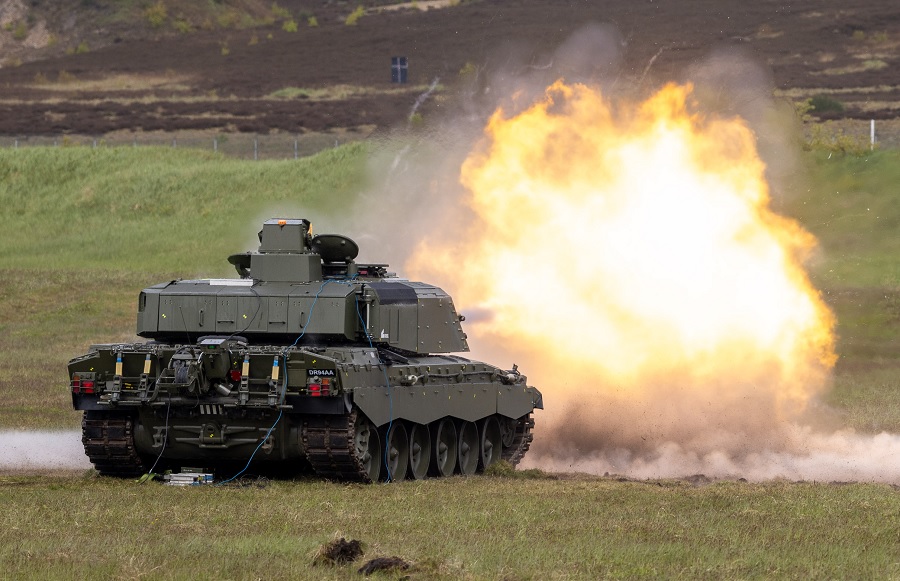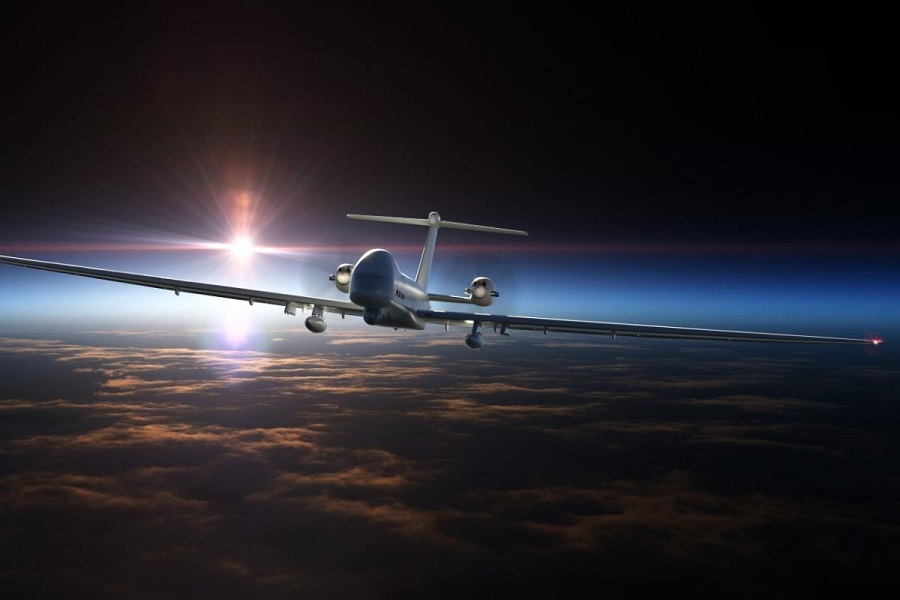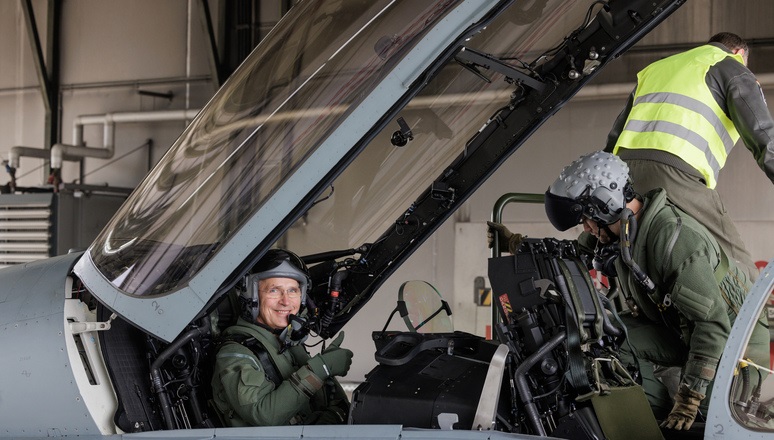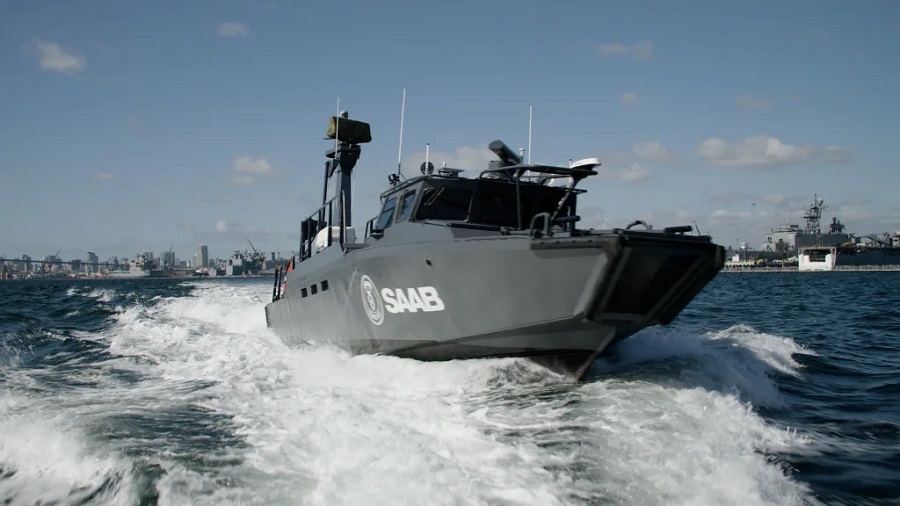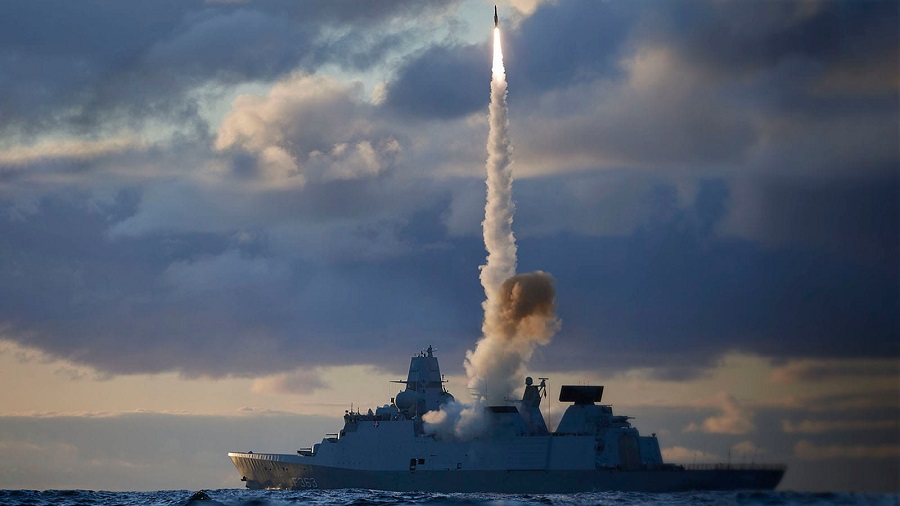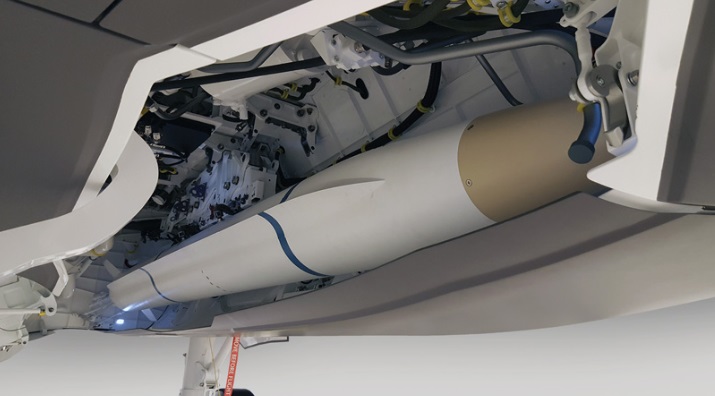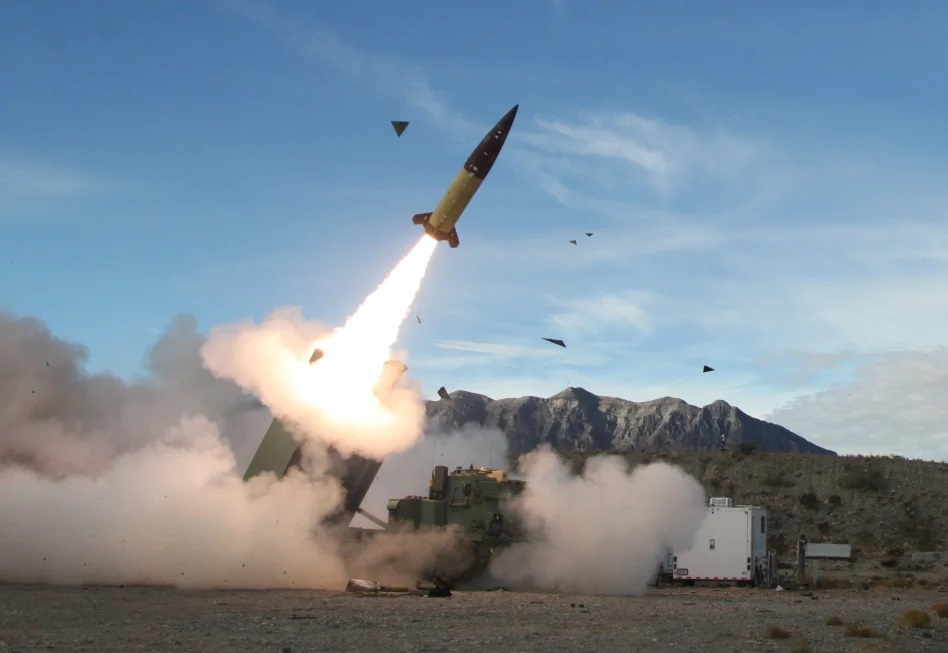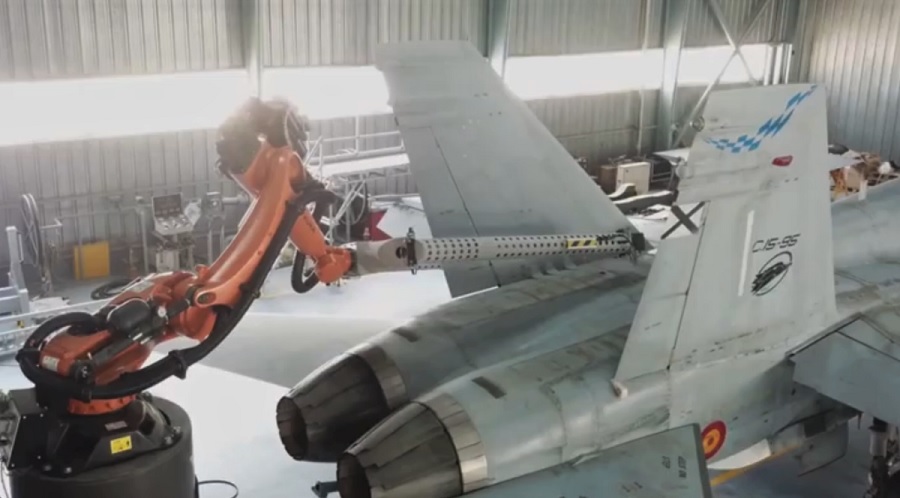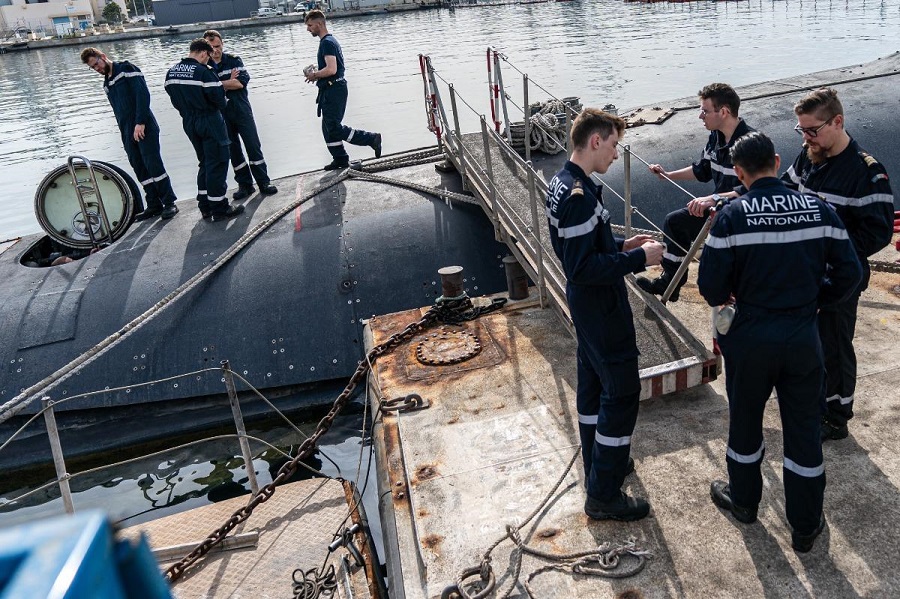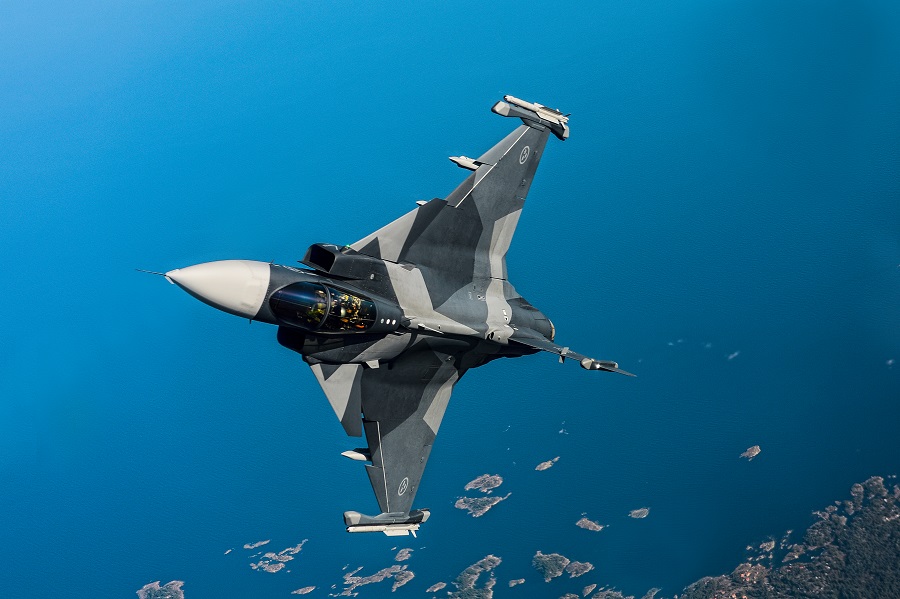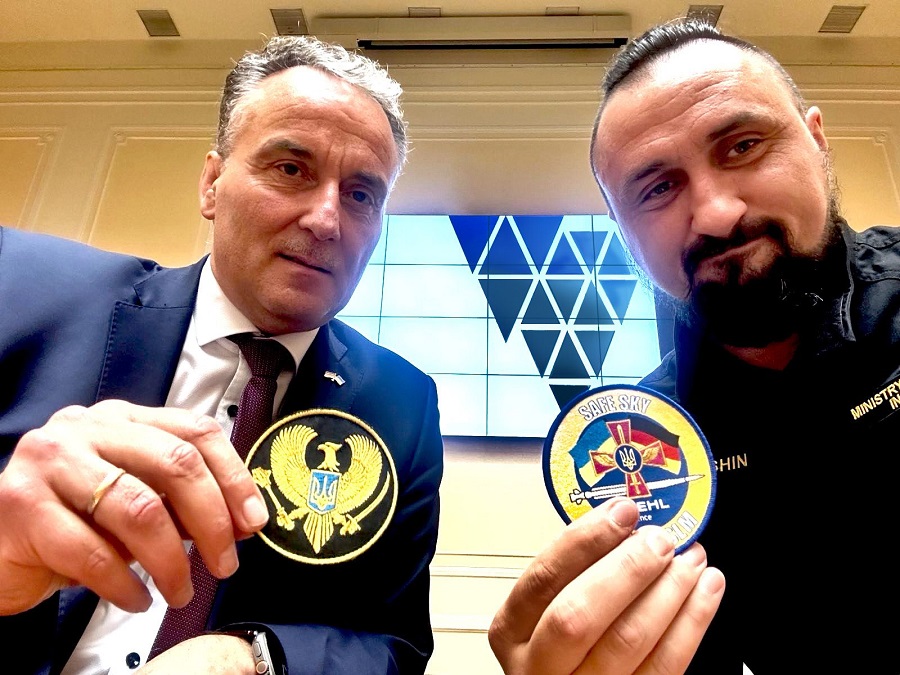The contract for the six SAR satellites is worth EUR 112 million and includes an option on a second group of four satellites, worth EUR 75 million. The optical satellite contract is worth EUR 30 million, and includes an option on an additional satellite for EUR 19 million.
The satellites will be built in Italy under the responsibility of Thales Alenia Space and thanks to the contribution of the entire supply chain of SMEs in the space sector. It will provide valuable data not only to researchers studying the evolution of the environmental conditions of Italy but also to the Civil Protection and other Public administrations to counter hydrogeological instability and fires, protect coasts, monitor critical infrastructures, air quality and weather conditions. Finally, IRIDE will provide analytical data for the development of commercial applications by start-ups, small and medium-sized enterprises and industries in the geospatial sector.
Both the radar and optical satellites are built on the modular NIMBUS (New Italian Micro Bus) platform, weighing about 170 kilograms. Built by Thales Alenia Space, the high-performance NIMBUS can be produced rapidly and is designed for high-revisit and high-capacity constellations. The optical payload is being developed by the Italian companies Media Lario and TDS, specialized in the creation of instruments and electronics for space.
RIDE is a government project funded by Italy’s National Recovery and Resilience Plan (PNRR), managed by ESA in conjunction with the Italian space agency ASI. Scheduled for completion by 2026, IRIDE features a hybrid constellation of different satellites with dedicated Earth observation sensors. This end to end system comprises a series of low Earth orbit (LEO) satellite sub-constellations, ground infrastructures (downstream) and services dedicated to Italian public administration.
“I would like to thank the European and Italian space agencies for once again entrusting Thales Alenia Space competences and expertise,” said Massimo Comparini, Senior Executive Vice President, Observation, Exploration, and Navigation at Thales Alenia Space. “Building on our contributions to major Earth observation programs, we are now a key player in this ambitious new project, which entails the creation of a unique, innovative and entirely Italian constellation. We are delighted to be tackling a new challenge that paves the way for the development of new capabilities, especially the design and production of small and medium-sized satellites, which are key to the ‘New Space’ economy.”
“The European Space Agency is delighted for the signature of this contract” said Simonetta Cheli, Director of Earth Observation Programs at ESA and head of the ESRIN center in Frascati. “The Italian government has entrusted us with the task of implementing this particularly challenging and innovative program, and with the signature of this contract, in addition to those signed in the past weeks, we are close to the full definition of the IRIDE constellation and in line with the roadmap that will allow ESA to reach the first milestone of the program, scheduled for the end of March. This is a very important milestone, given that the program is largely financed by PNRR funds. Congratulations to the Thales Alenia Space team for this important contribution to the IRIDE system. We firmly believe that, by integrating national and European assets, the IRIDE system will make Italy more competitive than ever in the Earth Observation sector.”
These innovative satellites also feature sophisticated operating modes to support high revisit rates, providing data that can be integrated with that from other existing or future programs and infrastructures, including COSMO-SkyMed Second Generation and Prisma, as well as Europe’s vast Copernicus Earth observation program.


